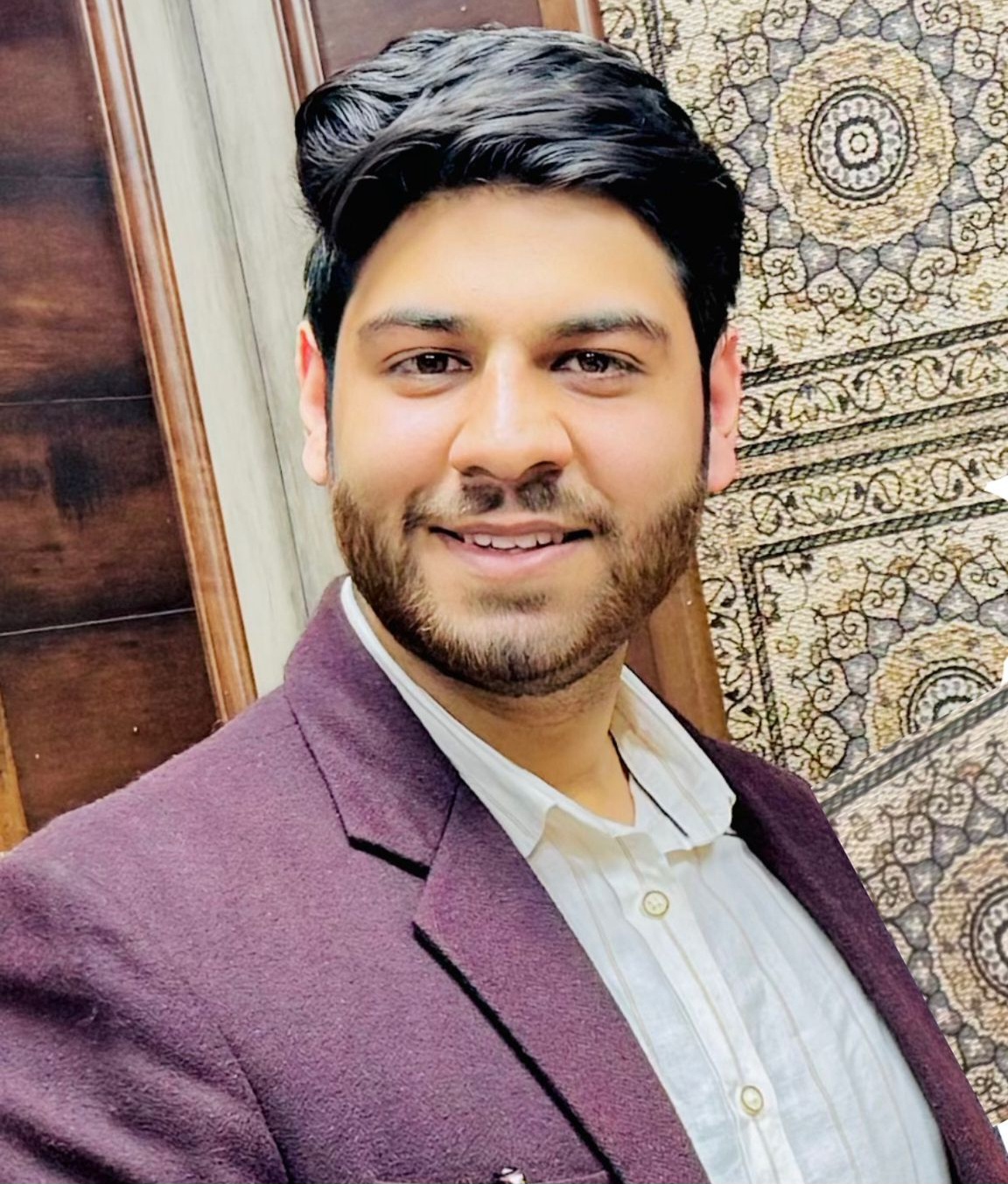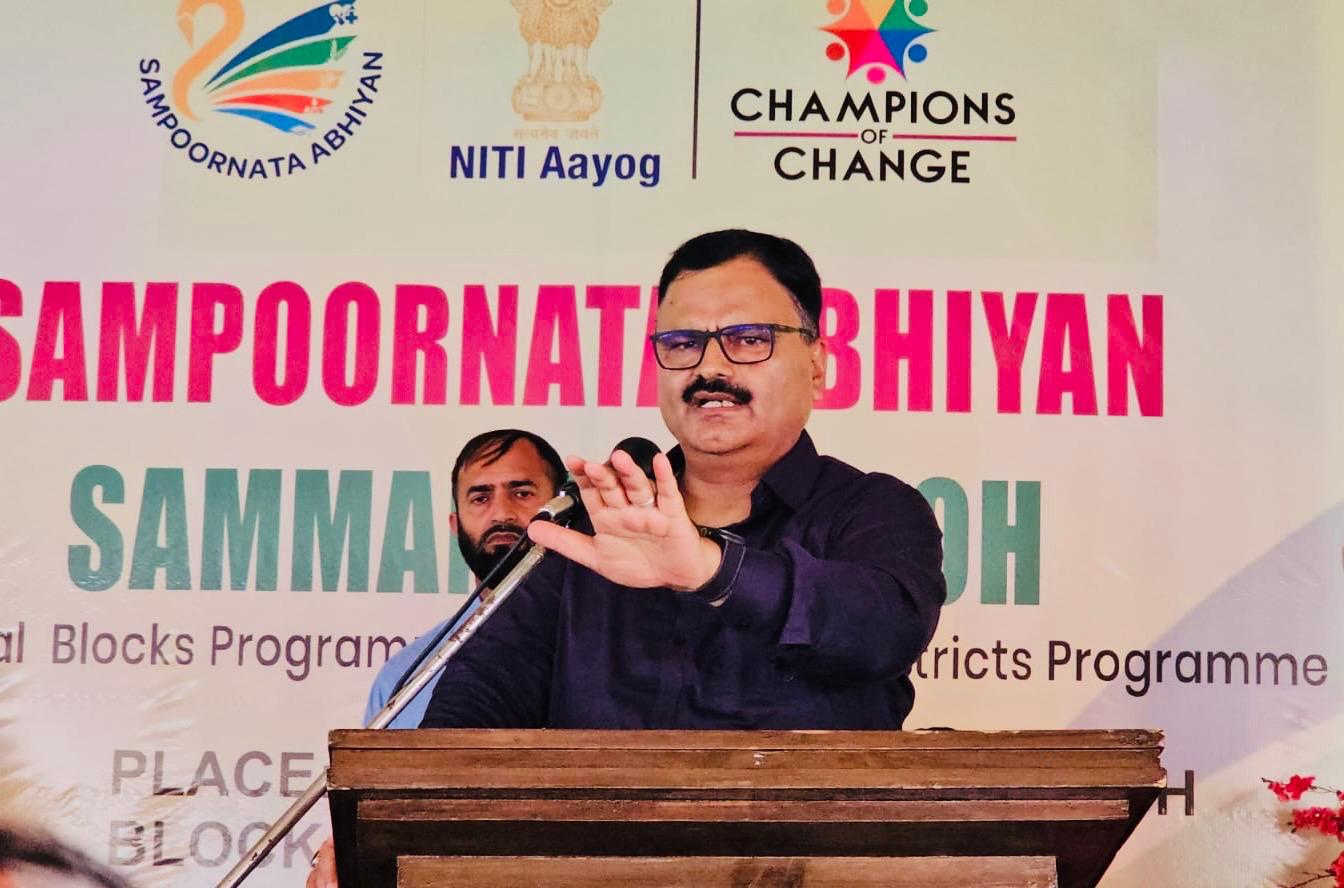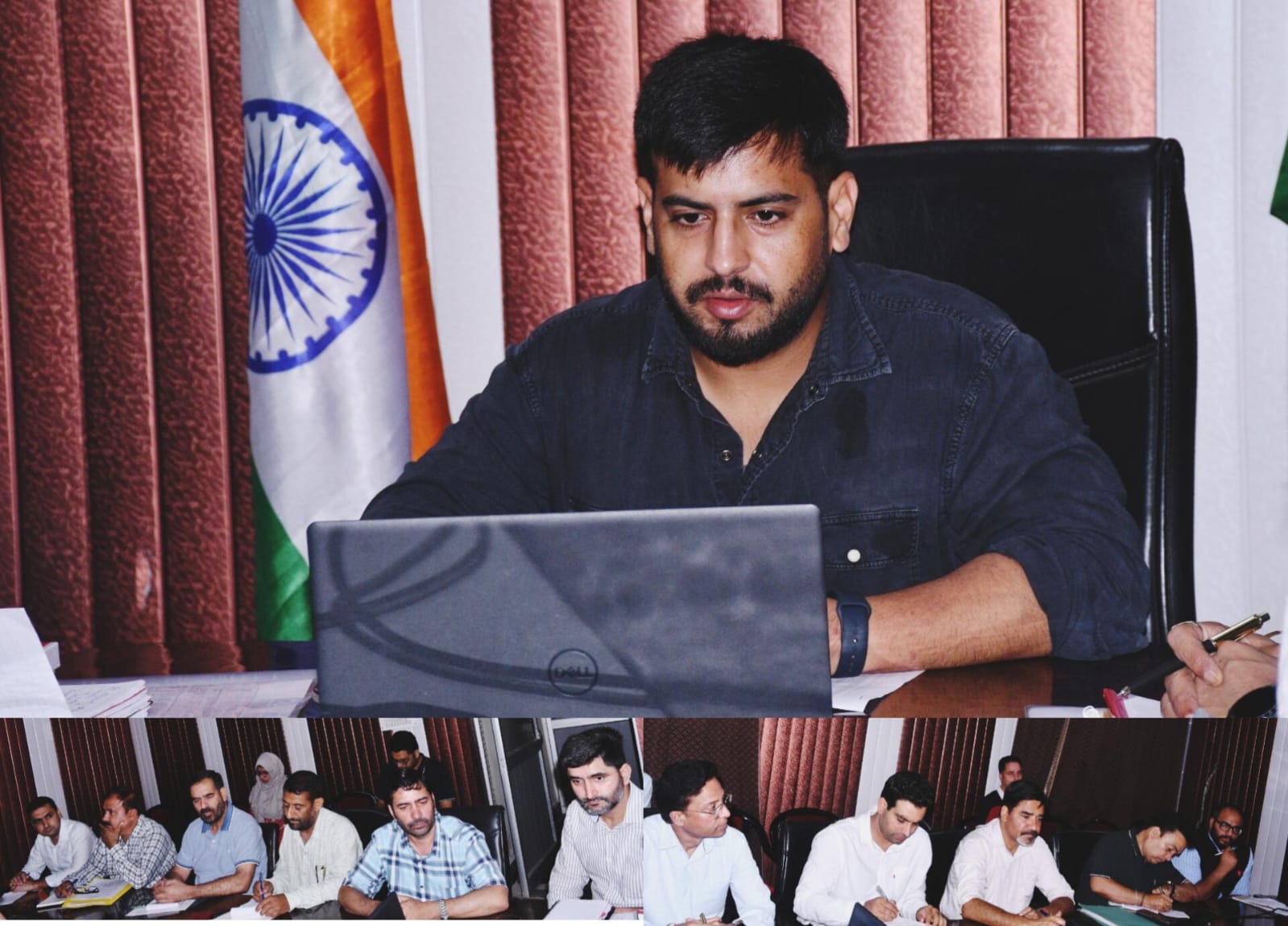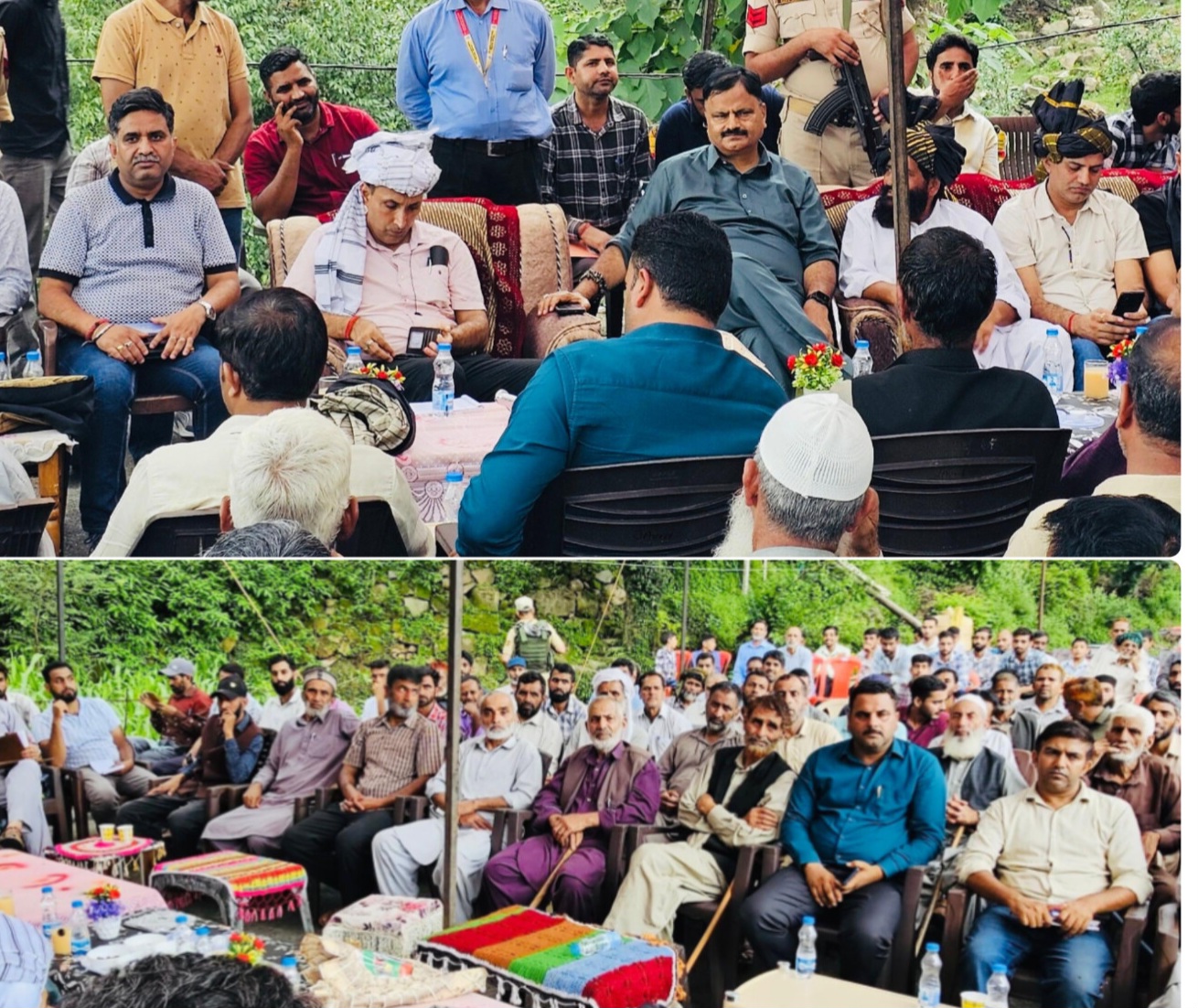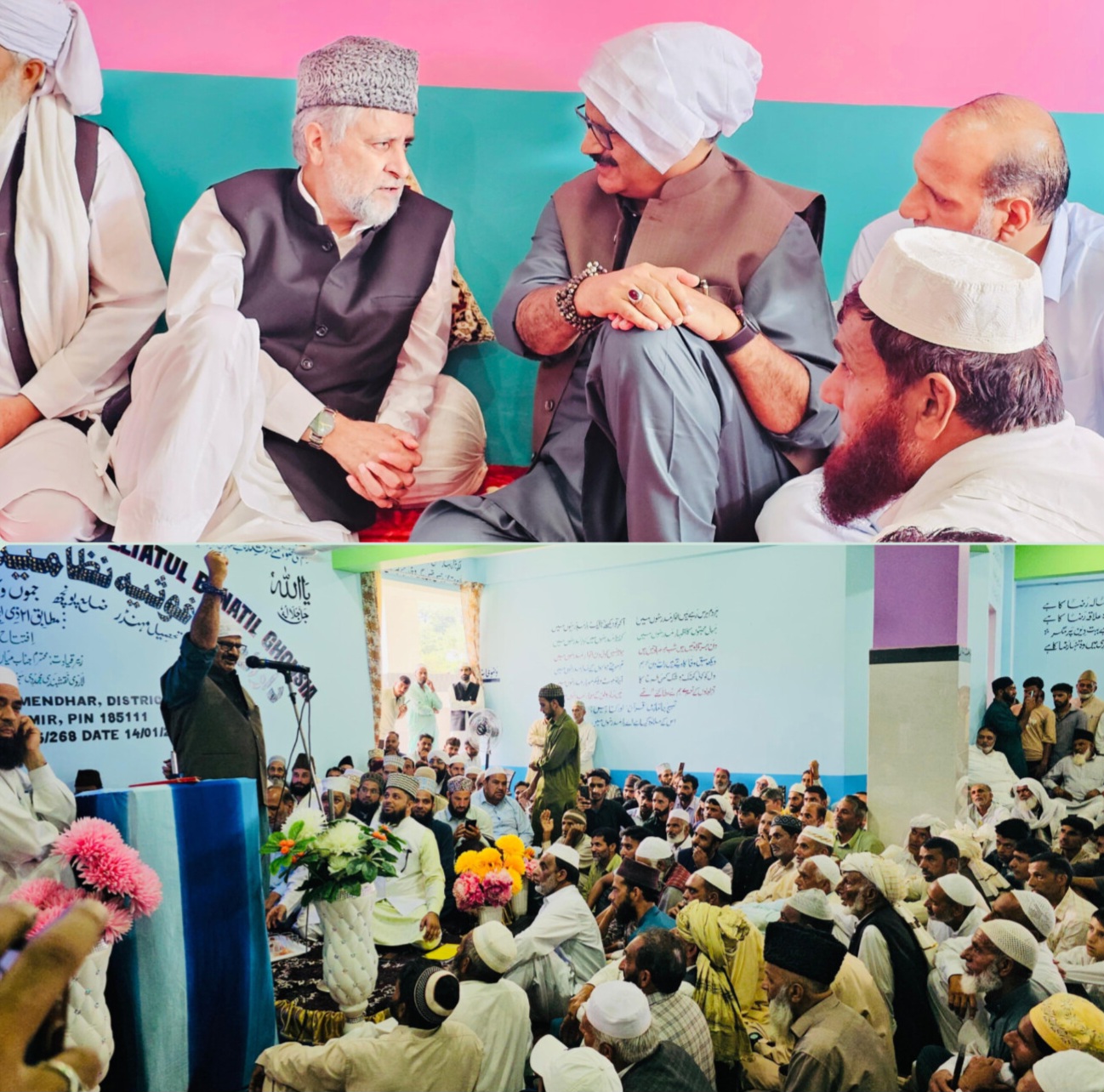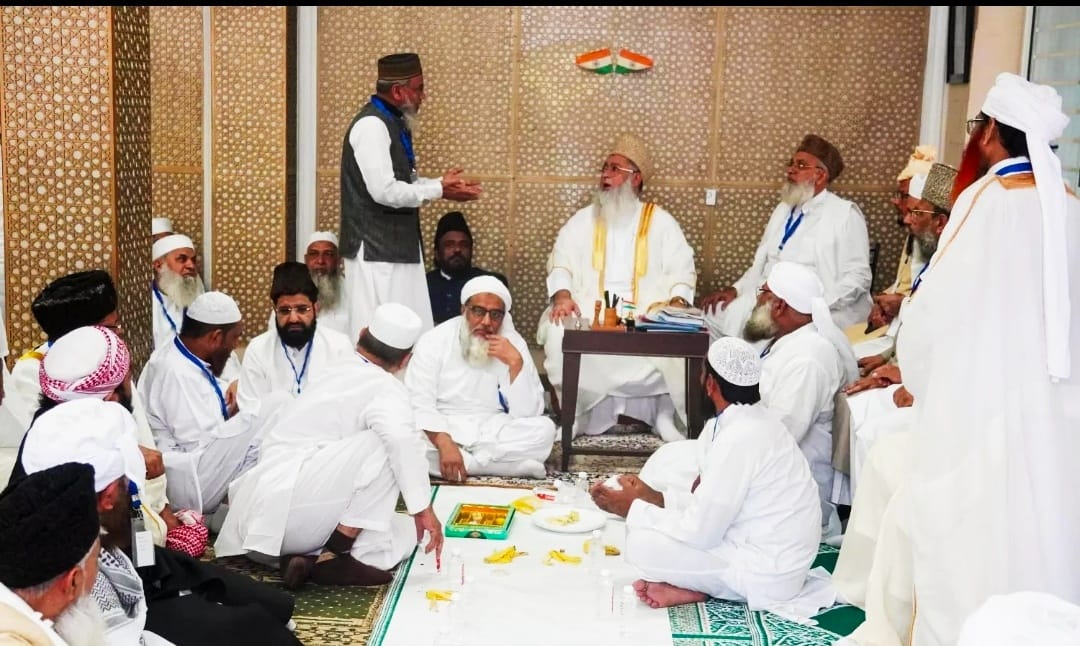Demands Stern Action Following Seizure of 1,200 kg Rotten Meat in Srinagar ;This is not a minor lapse- It’s a public health crisis in making : Maroof Khan
GNS ONLINE NEWS PORTAL SRINAGAR AUGUST 02:-Maroof Khan Political Youth Leader has expressed deep concern after the Food Safety Department and Drug and Food Control Organisation (DFCO) seized and destroyed 1,200 kilograms of rotten meat in Srinagar and called for immediate and decisive action by the Minister for Food, Civil Supplies and Consumer Affairs. According … Read more



